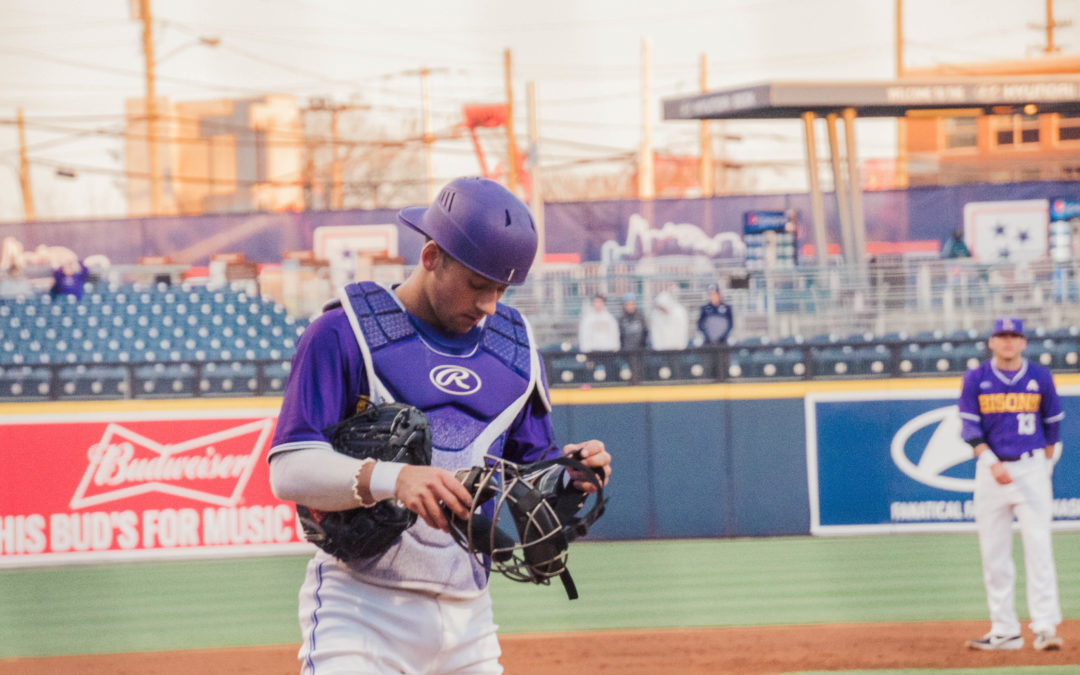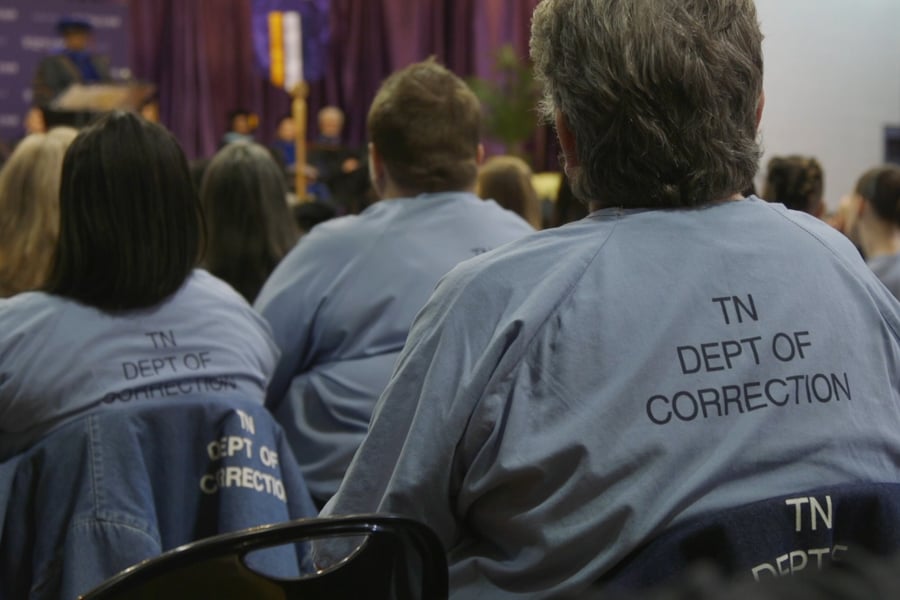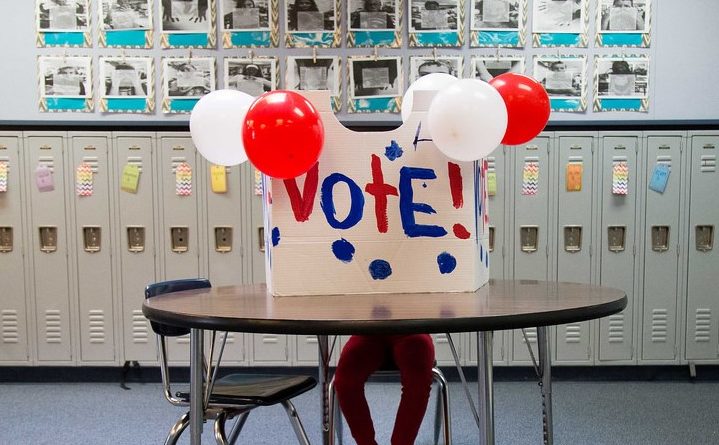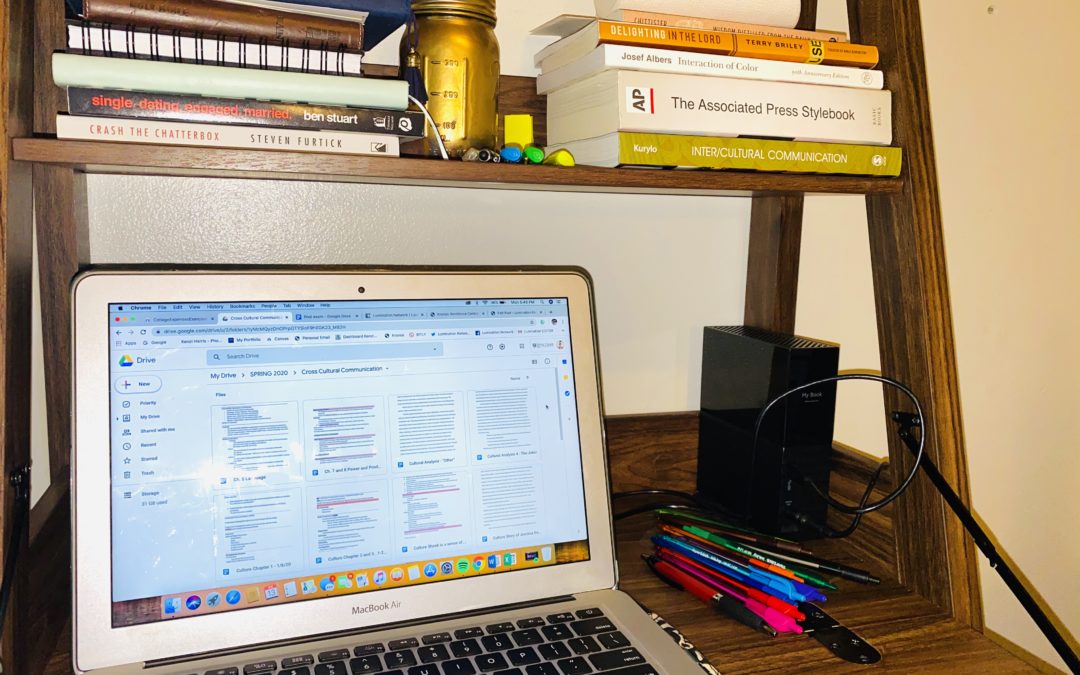
by Bailey Burnett | Apr 23, 2020 | COVID-19, News, News Slider
Lipscomb’s director of Health Services tells students “there is no reason to panic” about COVID-19, but there are steps to take to prevent the illness. “The group we need to be the most careful with are the elderly, over the age of 60 years, and those with chronic diseases especially those with compromised immune systems,” said Erin Keckley, the health director. “This virus is spread by respiratory droplets,” said Keckley, “So when you cough or sneeze, these droplets float in the air and then eventually land on a surface. Some common symptoms of this virus are fever, cough, and shortness of breath. Some less frequent symptoms are headache, sore throat, or diarrhea. And, of course, it has been proven to induce dangerous blood clots and has been deadly in thousands of cases. The incubation period is two to 14 days. Keckley provided these simple tips to cut down on chances of contracting the disease: Make sure you are washing your hands. This is the single most important thing you can do. It is also important to be washing for at least 20 seconds or more and using soap and water. Keckley said, ” Take a song, make sure it’s at least 20 seconds long, and sing along.” Try to leave hand sanitizer in different places like your car, backpack, or room. Don’t shake hands. Cover your mouth with a tissue when you cough or sneeze. Then, throw that tissue away. Clean and disinfect surfaces, like kitchen and bathroom counters. Try to avoid touching your face. Viruses are often transmitted through your mucus membrane through your hands, nose, and mouth....

by Grant Ledgister | Apr 16, 2020 | COVID-19, News Slider, Sports
Telling Lipscomb athletes that sports for the semester had ended hurt Athletic Director Philip Hutcheson as much as it hurt the athletes. “It was totally heartbreaking knowing what that meant for all of our spring sport athletes,” Hutcheson said. “When I went and told the baseball team about it, I felt like I was talking to 35 guys who had all torn their ACLs at the same time and their careers were over.” From quarantines and stay-at-home orders to school closing and everything in between, the coronavirus (COVID-19) has changed daily life for people across the world. For collegiate athletes and administrators, the virus has flipped their seasons upside down. In an announcement made in early March, the NCAA canceled the seasons of all spring and winter sports. This included the popular March Madness national basketball tournament. “Obviously there are many worse things going on in the world right now than not being able to play a sport,” Hutcheson said. “But for all of these students it’s very important and something they’ve worked towards for a long time. They realize that it’s not just games they’re going to miss, it’s time with their teammates and coaches.” To make up for the inability to play, the NCAA made the decision to give athletes playing spring sports an extra year of eligibility. Some athletes, however, may not be able to take advantage of this. “We know already that about half of the seniors will not be coming back,” Hutcheson said. “The rest of them – some financial decisions have to be made. Most spring sport athletes, if not all of them,...

by Tia Calvin | Apr 16, 2020 | COVID-19, News, News Slider, Student Spotlight
COVID-19’s impact on Lipscomb reached the Tennessee Women’s Prison, where a ground-breaking university program allowing traditional and incarcerated students to work together was cut short for the semester. Each Wednesday night for about the last 12 years, inmates from the Tennessee Women’s Prison have studied side-by-side with traditional undergraduate students through Lipscomb University’s Initiative for Education (LIFE) program. The program provides college courses taught inside the prison by Lipscomb professors. It allows those incarcerated to earn credit towards an associate, bachelor’s, or master’s degree. But, due to COVID-19 concerns, the Tennessee Department of Correction suspended all visitors and volunteers, including traditional students from the LIFE program. Students enrolled on both sides of the bars were told the class meetings would be ending and it was left unknown when their educational paths would cross again. “It was all really sudden and really tough,” said Emmeline Stuart, who has been a traditional student in the LIFE program for the past two years. “A week before spring break we were told that it would probably be our last class.” “What hurt the most was the women in the prison didn’t even know” Stuart, a senior, continued. “We talked to them and cried with them. None of us felt like there was enough time to even process it all.” Stuart, a ministry and theology major, said the relationships she’s made while a part of this program have only increased her compassion for those incarcerated. She said she hopes her post-graduation work will allow her to continue discussions around reconciliation and forgiveness, as well as to be an advocate for individuals who don’t have...

by Kathryn Farris | Apr 12, 2020 | COVID-19, News, News Slider, Politics
In an era of deadly pandemic-spurred social distancing and mandated hibernation, the 2020 presidential election seems to have been moved to the back burner. Concern over how to best campaign for national and local elections amid a global pandemic has been the subject of debate among Democrats and Republicans. Manny Sethi — a Republican first-time candidate running for Tennessee’s open Senate seat that’s being vacated by Sen. Lamar Alexander, who is retiring — said he misses the world of full-on rallies and public forums. Sethi spoke with the Nashville Scene on the loss of person-to-person style campaigning due to the virus. “What we’re trying to do is recreate that feeling through these virtual town halls,” he is quoted as telling the Scene. Virtual campaigning is becoming a popular solution for those running for office. Joe Biden — who is going to be the Democratic nominee after he overwhelmed Bernie Sanders on Super Tuesday, spurring the latter to drop out — has been implementing virtual roundtables via live streams. Each of the “roundtables” cater to specific voter demographics. They also feature guests alongside Biden via remote video calls. “In some ways, this is the world that every digital person in every digital story you’ve ever written has said would come,” Biden digital director Rob Flaherty told BuzzFeed News. “We were just focused on getting him out there as soon as we could get him out there.” For President Trump, the halt on traditional campaigning is playing to his favor. As the sitting President, Trump’s coronavirus press conferences are broadcast daily and draw high ratings (averaging 8.5 million viewers). What stands in Trump’s way is the...

by Anastasia Davis | Apr 12, 2020 | COVID-19, News, News Slider
This spring’s quick adjustment from in-person to online learning in order to mitigate COVID-19 concerns has set the course for virtual instruction during Maymester and this summer. President Randy Lowry addressed the spring semester change and the plans for Maymester and summer in a live talk — online of course — with the Lipscomb community. “We are absolutely committed to getting this semester done,” said Lowry. “Although we’re obviously doing it in a different way… in a matter of two weeks our faculty have moved the entire curriculum from a wonderful, intimate, face-to-face kind of moment to a completely remote online kind of moment.” Registration has begun for many students, and adjustments to course formats are still being made. “We’re working right now to convert Maymester and summer school to an online program,” said Lowry. He said students may may be wondering what this will look like for certain classes: “If you’re taking a chemistry program in the summer, well what about the labs? “There are some new and creative ways to do that,” said Lowry. Those details will be available when students register. The university announced in an email that the courses will be “asynchronous” and “synchronous,” subject to the instructor’s discretion, which was how it worked in the hasty change when the national emergency arose this spring. Students participating in synchronous remote courses will meet at a specified time online with the professor and fellow students in a virtual setting, Asynchronous teaching and learning allows students to use their own scheduling for learning course content. The quick adjustment this spring from classroom to online teaching and learning...

by Erika Plunkett | Apr 10, 2020 | BREAKING NEWS, COVID-19, News Slider
Lipscomb’s College of Engineering is busy protecting essential personnel who are participating in the mortal battle against COVID-19. The Raymond B. Jones College of Engineering has created and donated over 400 plastic face shields to medical personnel in the Middle Tennessee Area, and there are nearly 200 more currently in production. Leading this operation is Lipscomb’s Peugeot Center for Engineering Service headed by Steve Sherman, executive director, and Caleb Meeks, director of operations, along with Samuel Wright, the college’s engineering laboratory manager. “Connecting engineering capabilities with those in greatest need has been at the core of our engineering college and of the Peugeot Center,” said David Elrod, dean of the College of Engineering. “In this season, we are excited to find both virtual ways of staying connected with many of our international mission partners and to find new ways of serving our local communities.” These shields serve to help protect medical workers in the line of duty by placing a plastic mask in between practitioner and patient, protecting the eyes, nose and mouth from direct oral transmission from a patient. The design utilized by the engineers is an open source design originally created by Georgia Institute of Technology. “We’re using a high power, automated, laser system in our innovation lab to cut out the components,” said Elrod. “Having the tools in the innovation lab lets us readily produce face shields to help local providers.” As safety of the medical personnel is of top priority to the engineers, during construction of the shields, staff is adhering to strict CDC guidelines, wearing gloves and masks as well as limiting the number...







